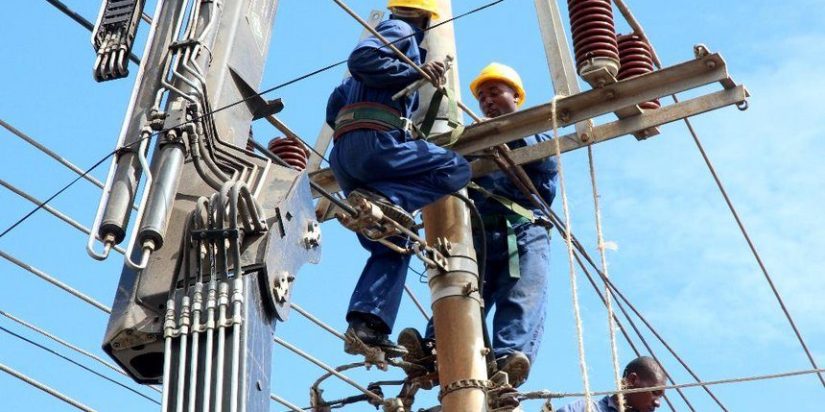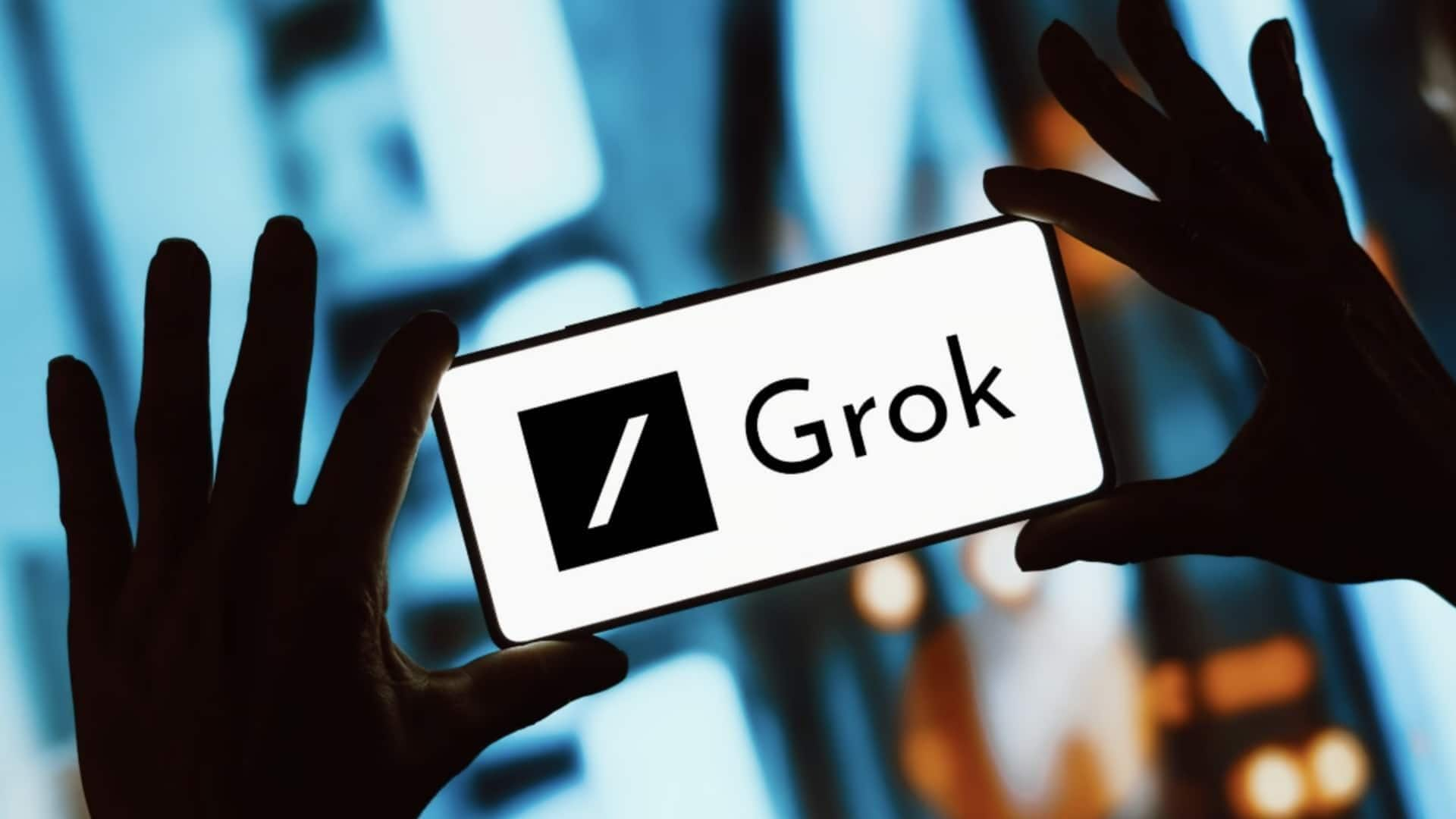
LINCOLN — Did Nebraska lawmakers pull a sleight of hand on property taxpayers when they replaced one property tax relief program with another during their special session this summer? It depends on whom you ask. In op-ed columns and other forums, some Nebraskans are arguing that a bill passed during the session cost property owners one year of property tax credits, an outcome that State Sen. Steve Erdman of Bayard called a retroactive tax increase.
James Rodis Jr., an Omaha accountant, said the legislation shorted taxpayers on relief for property taxes assessed in 2023 and paid this year. “No matter how you look at it, they are cheating us out of one year of the credit,” Rodis said.
“They can spin it anyway they want, but the figures don’t lie.” Others counter that the legislation continued state-funded tax relief for property owners every year, without a break, although it changed how the relief is delivered. Sen.
Brad von Gillern of Omaha, the Revenue Committee’s vice chairman, denied there was any political maneuvering and said taxpayers will not lose any benefits. “We eliminated one program in lieu of another program and the net balance that will be credited to any individual property owner within that tax year ends up being the same,” he said. “I fail to see where people continue to claim that they’re being cheated out of the tax credit.
” At issue is Legislative Bill 34, the property tax package passed at the end of a long and tumultuous special session. Among other things, the bill created a new School District Property Tax Relief Credit that backers said would “frontload” property tax relief. The new credit, which took effect immediately, will show up as a deduction on property tax bills mailed out each December.
The deduction means property owners will save 30% when they pay their school property taxes. The new credit starts with taxes assessed in 2024, which most people will pay in 2025. The LB 34 credit replaces a property tax relief program that began in 2020.
Under that previous program, property taxpayers could get income tax credits to offset 30% of their school property taxes paid. People could claim the credits when they filed income taxes for the year in which the property taxes were paid. Thus, income tax credits claimed this year reimbursed people for school property taxes paid in 2023, which typically had been assessed in 2022.
Backers said the switch to frontloaded tax credits would benefit property taxpayers who had not been claiming the income tax credits. State officials estimated as many as 45% of the credits available were not claimed. Those who claimed the income tax credits would not see additional savings with the new program but they would get their savings upfront and avoid the hassle of claiming income tax credits months later.
LB 34 passed on a 40-3 vote. No one brought up concerns about a “missing year” of credits at the public hearings or during debate. Erdman and two other senators, each of whom voted against LB 34, raised the issue after the special session ended.
In a press release, they said taxpayers would miss out one year of credit that they were owed and called for lawmakers to fix the problem next year. Based on their argument, people got a credit for their 2022 property taxes when they filed their income taxes this year. They will get a credit for their 2024 taxes under the new program, which will be felt when they pay their property tax bill next year.
But they will get no credit for their 2023 property taxes, unless they were among the minority of people who paid their 2023 property taxes in December 2023. Sen. Brian Hardin of Gering announced plans to introduce a bill next year aimed at recovering the so-called “lost credit.
” Erdman, who is term limited and will no longer be in the Legislature next year, said the legislation would provide a credit for the 2023 property taxes, in addition to the new credit property taxpayers will get for their 2024 taxes. “Nebraskans are entitled to receive the credit owed to them for property taxes paid in 2023 and we believe that emergency legislation can and should be passed early in January 2025 to resolve this oversight,” Hardin, Erdman and four other senators said in a press release. But Sen.
Lou Ann Linehan of the Omaha area, the Revenue Committee chairwoman, called claims of a missing year false and “absurd.” She said taxpayers got a credit from the state to help with property taxes in 2024 and will get a similar-sized credit in 2025, meaning they will see no break in their state-funded tax relief. “They still get the money, it’s just how you get the money,” she said, adding: “They don’t get (the income tax) credit but they pay less.
Would you rather pay money out and get money back or would you just rather keep more of your own money? Linehan disputed claims that lawmakers had passed LB 34 without concern for the consequences. She said the switch to a front-loaded credit had strong backing from Gov. Jim Pillen, lawmakers and various interest groups and had no significant opposition.
The switch had been debated during the regular session as well as the special session. In addition, she argued, Nebraska does not have the money to provide two credits in one year. As is, lawmakers had to make budget adjustments to afford the $750 million cost of the new credits.
The previous income tax credits cost the state $565 million. The lower figure was because of the number of property owners who did not claim those credits. “The suggestion now that we should have done both the front loading and the tax credit is absurd,” Linehan said.
“They can’t get both. They shouldn’t get both. We can’t do any more than we have money to do.
” Erdman said money for the 2023 credit could come from the state’s cash reserve, which will be at about $877 million by June 30, 2025, the end of the two-year budget cycle. That equals 16.2% of state expenditures.
Von Gillern said senators could offer a bill to give property owners a credit for their 2023 property taxes, but warned that such legislation would have to compete with other state priorities for funding. “If you bring a bill that has a half billion dollar fiscal note attached to it, that’s going to have some challenges,” he said. Erdman von Gillern Get local news delivered to your inbox!.








